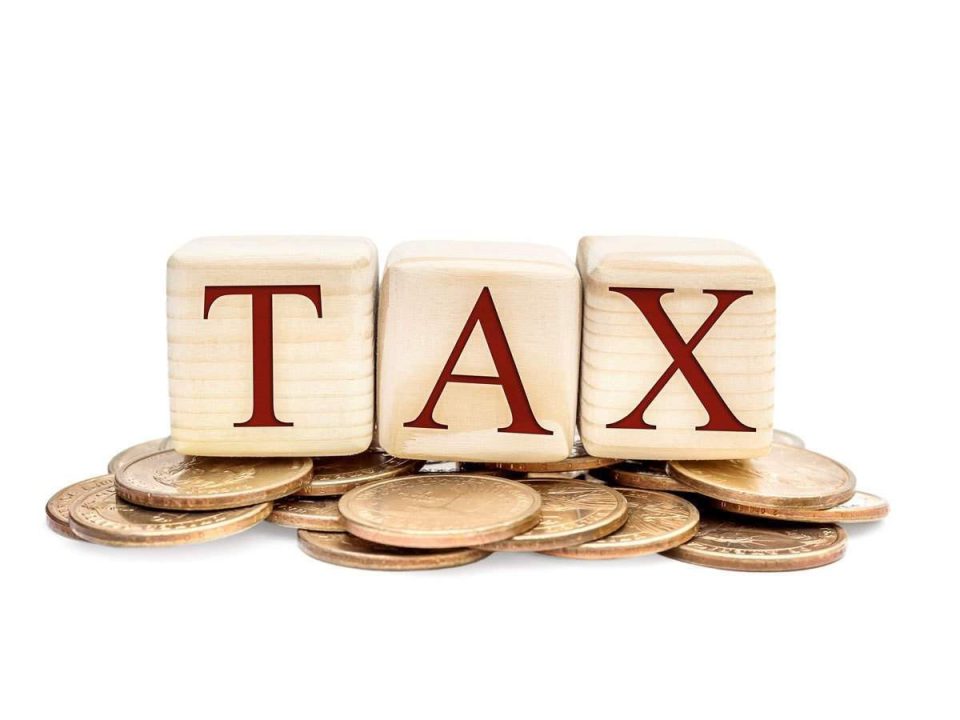In a groundbreaking study published in the Journal of Health Policy and Planning, public health researchers recommend the imposition of a health tax ranging between 20% to 30%, in addition to the Goods and Services Tax (GST), on sugar, sugar-sweetened beverages (SSBs), and foods high in sugar, salt, and fat (HFSS). The study, funded by UNICEF, aims to influence policies that contribute to reducing the consumption of sugar and related products, ultimately promoting better public health outcomes.
The researchers highlight the urgency of addressing the rising concerns related to unhealthy dietary habits and their impact on overall well-being. The proposed health tax is seen as a strategic measure to discourage the consumption of products known to be associated with a range of health issues, including obesity, diabetes, and cardiovascular diseases.
The scope of the study includes a comprehensive examination of the impact of such a health tax on both consumers and the food industry. By targeting not only sugar but also SSBs and HFSS foods, the researchers aim to address a broad spectrum of products contributing to poor dietary choices. Colas, juices, and other sugar-laden items have long been identified as major culprits in the global rise of non-communicable diseases.
The call for a health tax aligns with the global trend of implementing fiscal policies to influence consumer behavior towards healthier choices. The World Health Organization (WHO) has consistently advocated for such measures as part of a comprehensive strategy to combat the escalating health challenges associated with poor nutrition.
One of the key stakeholders expressing interest in the findings of the study is Niti Aayog, the policy think tank of the Indian government. Acknowledging the potential impact of health taxes, Niti Aayog aims to better understand how such measures, along with warning labels on food products, can contribute to fostering healthier eating practices among Indian consumers.
The proposed health tax is not only intended to generate revenue but, more importantly, to serve as a deterrent against excessive consumption of unhealthy products. The additional financial burden on consumers could act as an incentive to opt for healthier alternatives, thus promoting a shift towards a more balanced and nutritious diet.
The study’s authors hope that their research, supported by UNICEF, will influence policy-making processes and encourage a more health-centric approach in India. By drawing attention to the potential benefits of health taxes, the researchers envision a positive impact on public health outcomes, ultimately reducing the burden of diet-related diseases on the healthcare system.
As countries worldwide grapple with the challenges posed by unhealthy dietary habits, the study’s recommendations add to the growing body of evidence supporting the effectiveness of fiscal measures in shaping healthier lifestyles. The implementation of a health tax on sugar, SSBs, and HFSS foods in India could mark a significant step towards creating a more health-conscious society.

